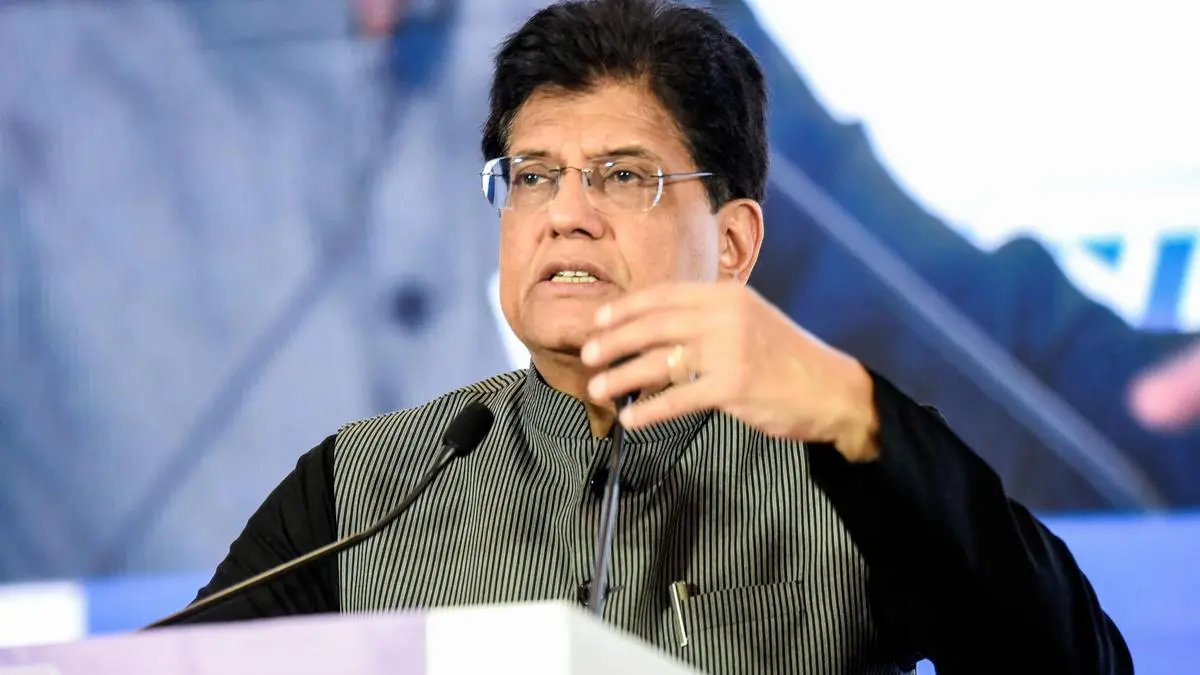QCOs promote culture of quality in manufacturing, curb sub-standard imports: Goyal


Union Minister of Commerce & Industry Piyush Goyal
| Photo Credit:
ANI
Commerce & Industry Minister Piyush Goyal has strongly defended Quality Control Orders (QCOs) passed by the government in multiple sectors, such as toys and plywood, stating that the measures were being implemented to make superior-quality products available to consumers and to promote a culture of quality in manufacturing.
The Minister’s comments are important in the light of a recent report from a panel headed by NITI Aayog member Rajiv Gauba that recommended scrapping of some QCOs on the ground that these were hurting India’s competitiveness and MSMEs as they led to higher input costs and compliance burden.
Speaking at the second edition of Udyog Samagam 2025 organised by the Department for Promotion of Industry and Internal Trade (DPIIT) on Tuesday, Goyal highlighted the importance of QCOs in both improving the quality of items produced locally and stopping the imports of low-quality products. “Citing the success of QCOs on toys and plywood, he noted that such measures have strengthened Indian industries while curbing substandard imports,” per a statement issued by the government.
QCOs require specific products to meet the standards set by the Bureau of Indian Standards (BIS) and bear the BIS Quality Mark. These orders aim to ensure product quality and safety, restrict the import of substandard goods, and boost the competitiveness of domestic manufacturing.
At present, there are approximately 188 QCOs in place, which cover over 773 products in various sectors such as machinery, furniture, footwear, steel, hinges, petrochemical products and engineering goods.
The Niti Aayog has, however, been pushing for rationalising the restrictions, extending exemptions for essential raw materials and simplifying compliance requirements.
“The implementation of QCO requires manufacturers to obtain a BIS hallmark and license for input items. While this strengthens product quality standards, it risks disproportionately impacting smaller units, which may be unable to source components only from approved suppliers,” the Niti Ayog’s `Trade Watch’ report for Q4 of FY25 shared last month observed.
To avoid closures and support industry continuity, the QCO should be implemented in phases with simpler compliance requirements and wider acceptance of accredited testing reports. “Exemptions should particularly apply to inputs used in mass market footwear, such as canvas shoes and rubber slippers,” it said.
Published on November 12, 2025


